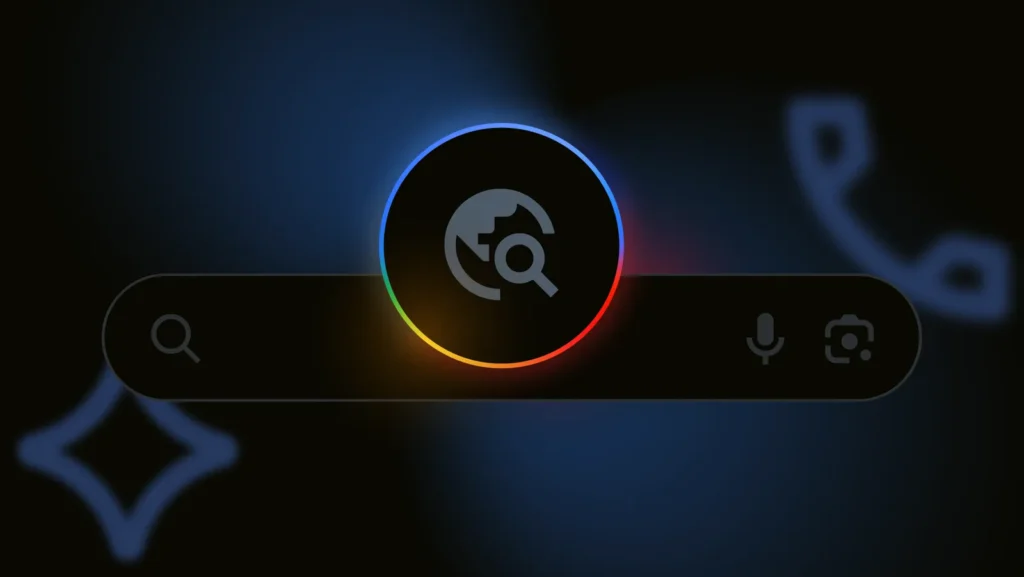

The US online search giant is rolling out a new and huge initiative to enhance online safety for younger users. Google is expanding an AI-powered age estimation tool that will help determine if users are under 18. The technology will begin to work in the US and will eventually reach other countries. This move, initially seen on YouTube, will now extend across various Google services. It aims to provide a more age-appropriate and protected digital experience for kids and teens, according to the firm.
Google now estimates if users are under 18 using AI
So, how exactly will this work? Over the next few weeks, Google’s AI will begin analyzing signals from a user’s activity to infer their age. This includes their search history and the types of YouTube videos they watch. Initially, only a small group of users will be impacted, but Google plans a wider rollout down the line.
If the AI system estimates that a user is under 18, it will automatically apply a range of restrictions designed to safeguard them. These protections include enabling SafeSearch to filter out adult content, disabling personalized ads, and limiting access to certain apps within the Play Store. On YouTube, it will restrict content not suitable for younger audiences. The system may even enable digital wellbeing tools like bedtime reminders. For Google Maps, it will turn off Timeline tracking.
This development comes amidst increasing pressure from legislators and advocacy groups. New regulations like the Kids Online Safety Act are trying to push tech companies to do more to protect young users online. Google had previewed this initiative earlier in the year, so it doesn’t come as a surprise. However, the timing may cause controversy due to criticism of age verification measures in the UK.
Privacy concerns
Of course, introducing AI for age estimation raises important questions. Concerns about the accuracy of these tools are natural; what if an adult is mistakenly flagged as a minor? Google addresses this by providing pathways for users to verify their age. They could submit a selfie, a credit card, or a government ID if the AI’s assessment is incorrect.
There are also discussions about privacy and data collection. While Google states it aims to balance safety with privacy and won’t collect new forms of user data for this purpose, the very nature of AI analyzing user behavior leads to debates about how this technology might evolve and its implications for user autonomy.
More companies, including rivals like Meta, are exploring similar AI-driven solutions for age verification. So, it’s clear that artificial intelligence is becoming a central component in the ongoing effort to create a safer internet for children. Google’s expansion of this tool marks a big step in that direction.
The post Google’s New AI-Powered Age Estimation Tool Rolls Out appeared first on Android Headlines.

